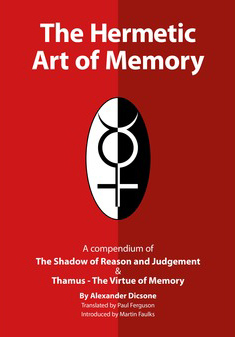A Mosaic Palace
Martin Faulks
Published: 01 January 2019
The Warden of the Lodge. . .shall take trial of the art of memory and science thereof of every fellow craft and every apprentice according to their vocation and in case that they have lost any point thereof. . . pay the penalty as follows for their slothfulness.. . Second Schaw Statutes of 1599.
Issued by William Schaw, the royally appointed Master of the Works, the Statutes gave a code of rules governing the activities of operative masons in Scotland. It’s often considered the first conception of Freemasonry as exists today.
Description
The Warden of the Lodge. . .shall take trial of the art of memory and science thereof of every fellow craft and every apprentice according to their vocation and in case that they have lost any point thereof. . . pay the penalty as follows for their slothfulness.. . Second Schaw Statutes of 1599.
Issued by William Schaw, the royally appointed Master of the Works, the Statutes gave a code of rules governing the activities of operative masons in Scotland. It’s often considered the first conception of Freemasonry as exists today.
During the sixteenth century Art of Memory had far greater connotations than it may to the modern reader. It referred to a specific set of memory disciplines and techniques whereby one would create a memory palace. This could be based on a real or imaginary place which, using intensive imagination, one would build up in the memory to the degree that it could be easily visited and used as a kind of mnemonic storehouse.
By Schaws time, this art of memory existed in many different forms. Not only was it commonly believed to be a very good method of memorising speeches, but also a great form of moral training – a goal common to Freemasonry. Beyond this, there were some who believed that this mysterious art had far more potential and could even have supernatural effects on the world.
So why did Schaw make it mandatory for Masons to practice the art of memory, and why did they need to be tested in this art? Was it a reference to Masonic ritual and if so, does this mean the Masonic lodge is a form of memory palace? If this is indeed the case, then by exploring what school of mnemonics it evolved from it can tell us something of the intentions behind the ritual. Was Masonry developed as a form of moral training for good Christian builders, or could its rituals have evolved from a more ambitious or mystical purpose?




